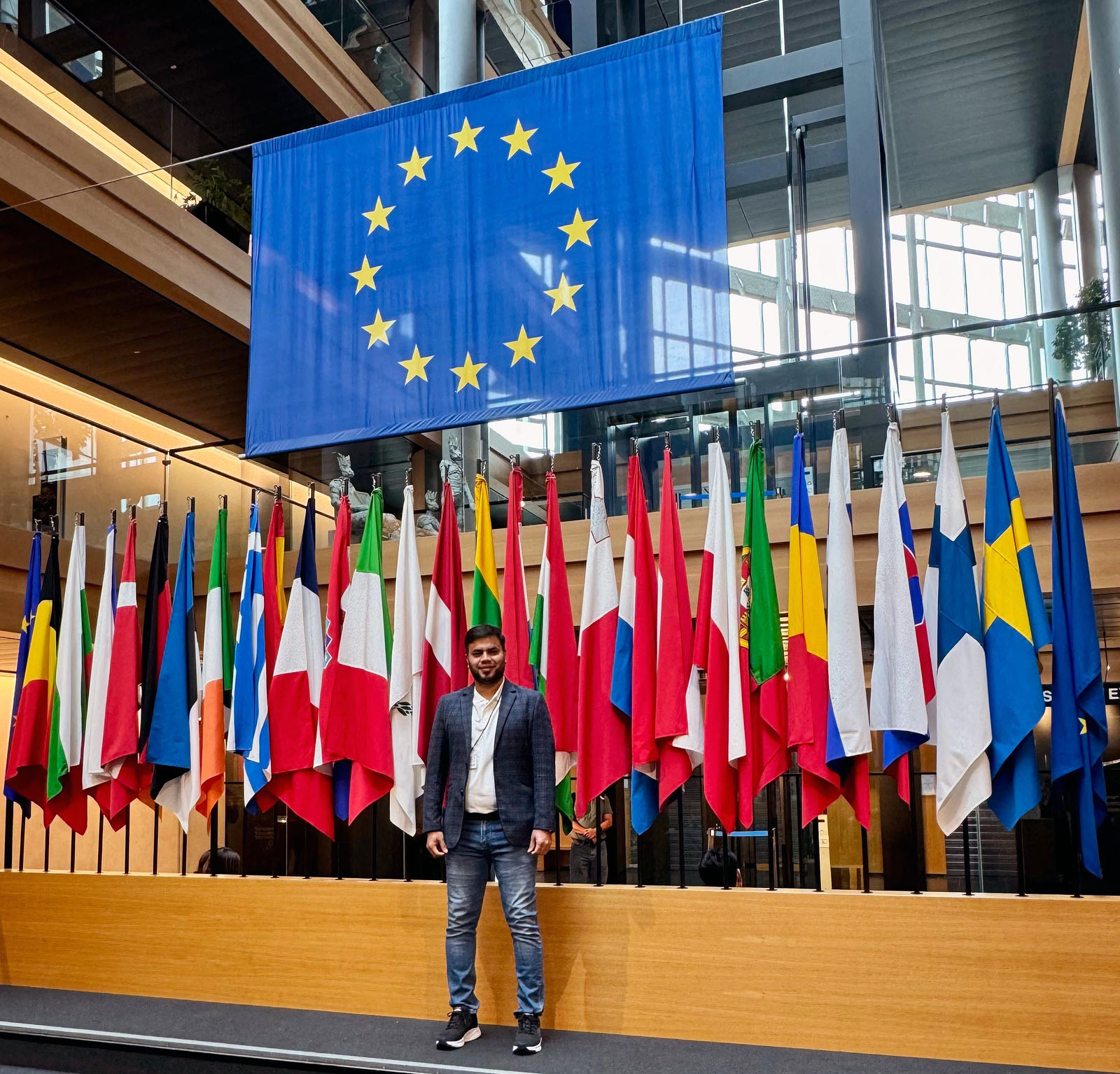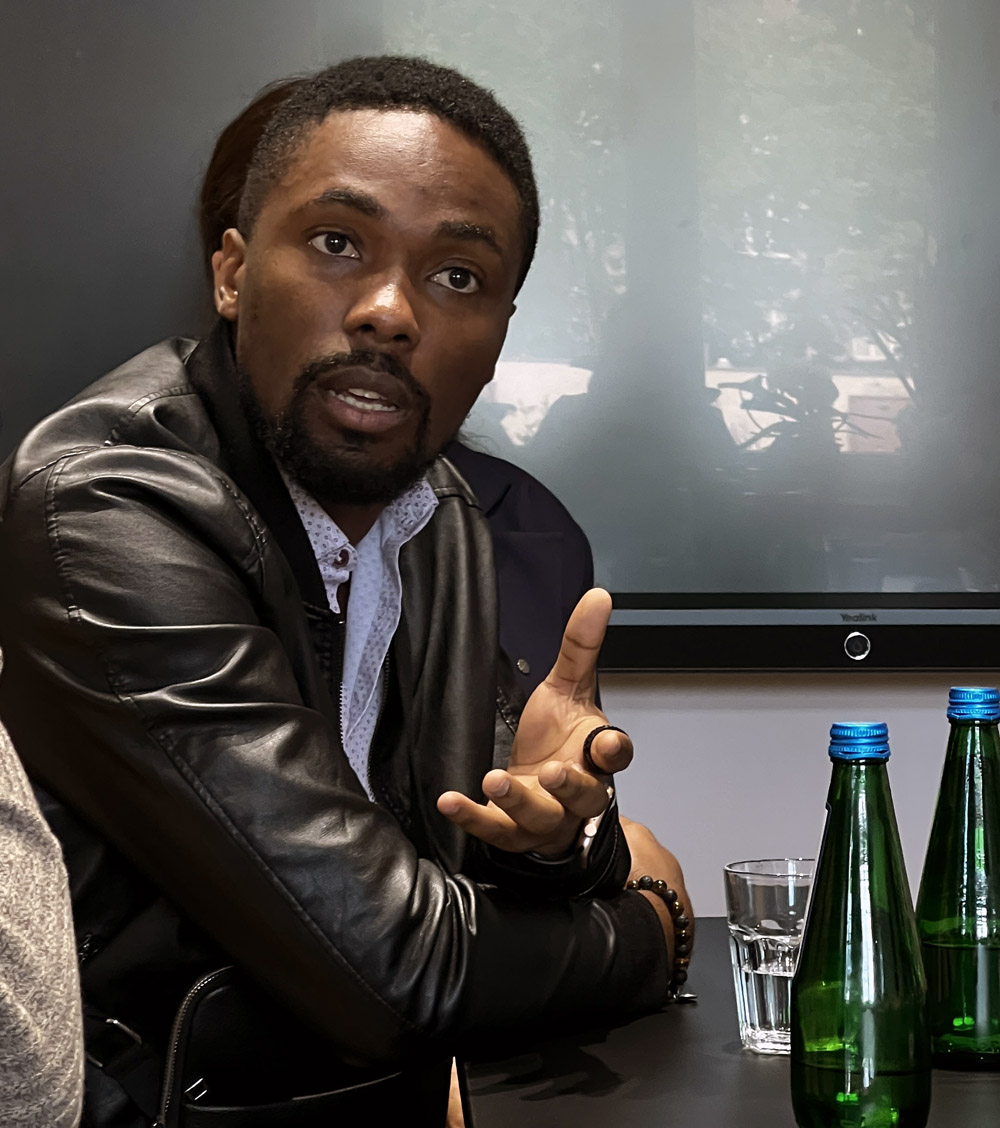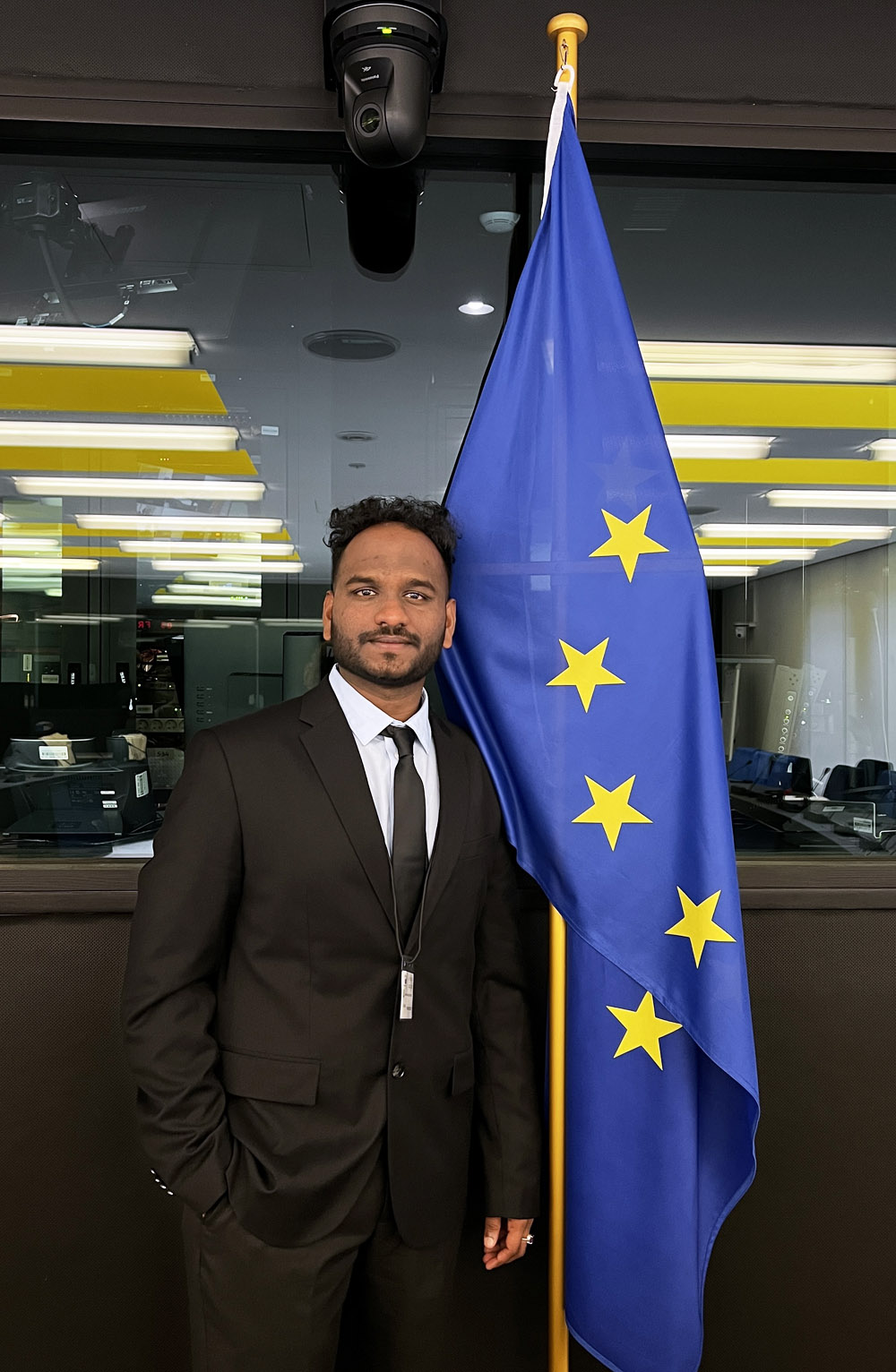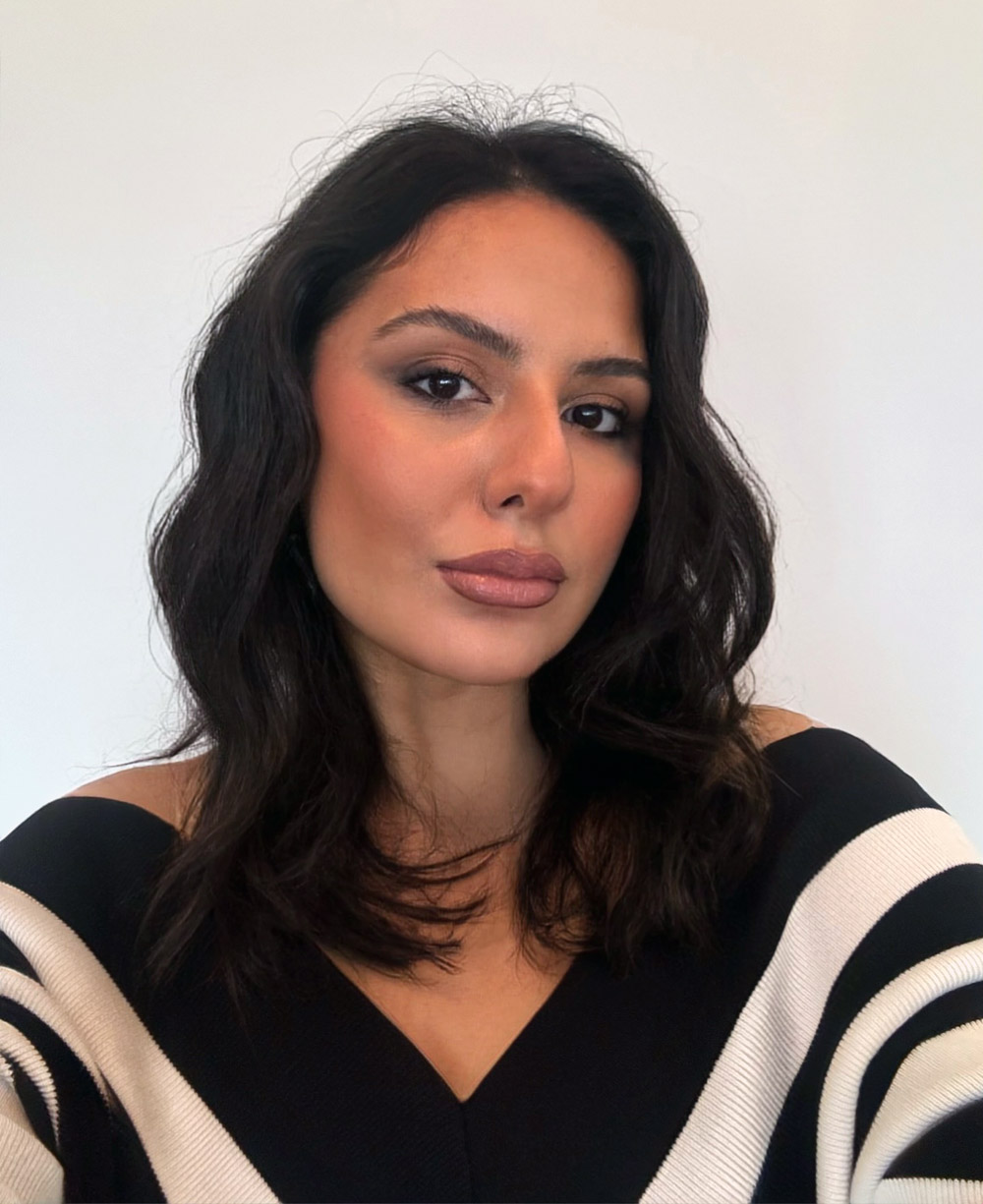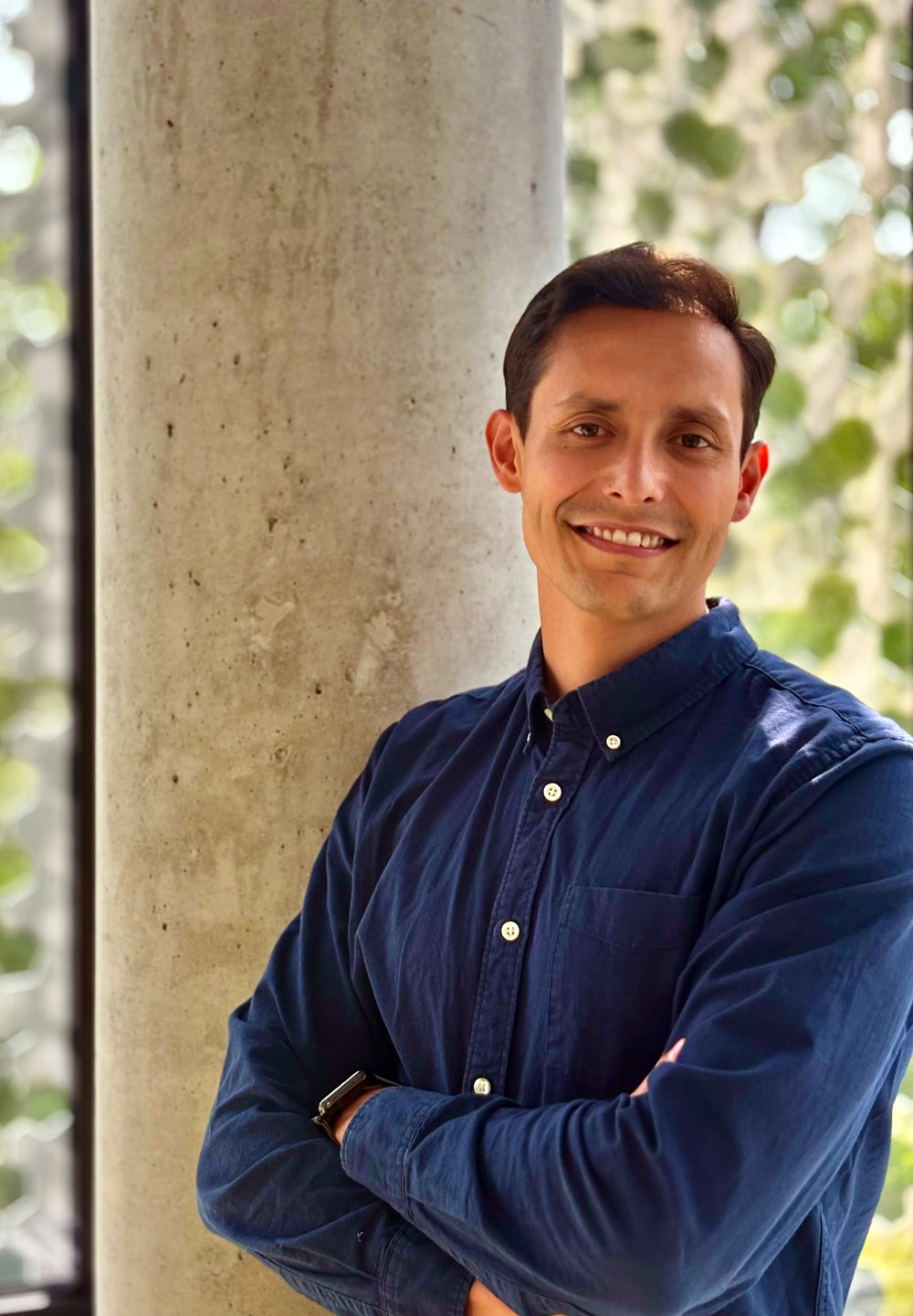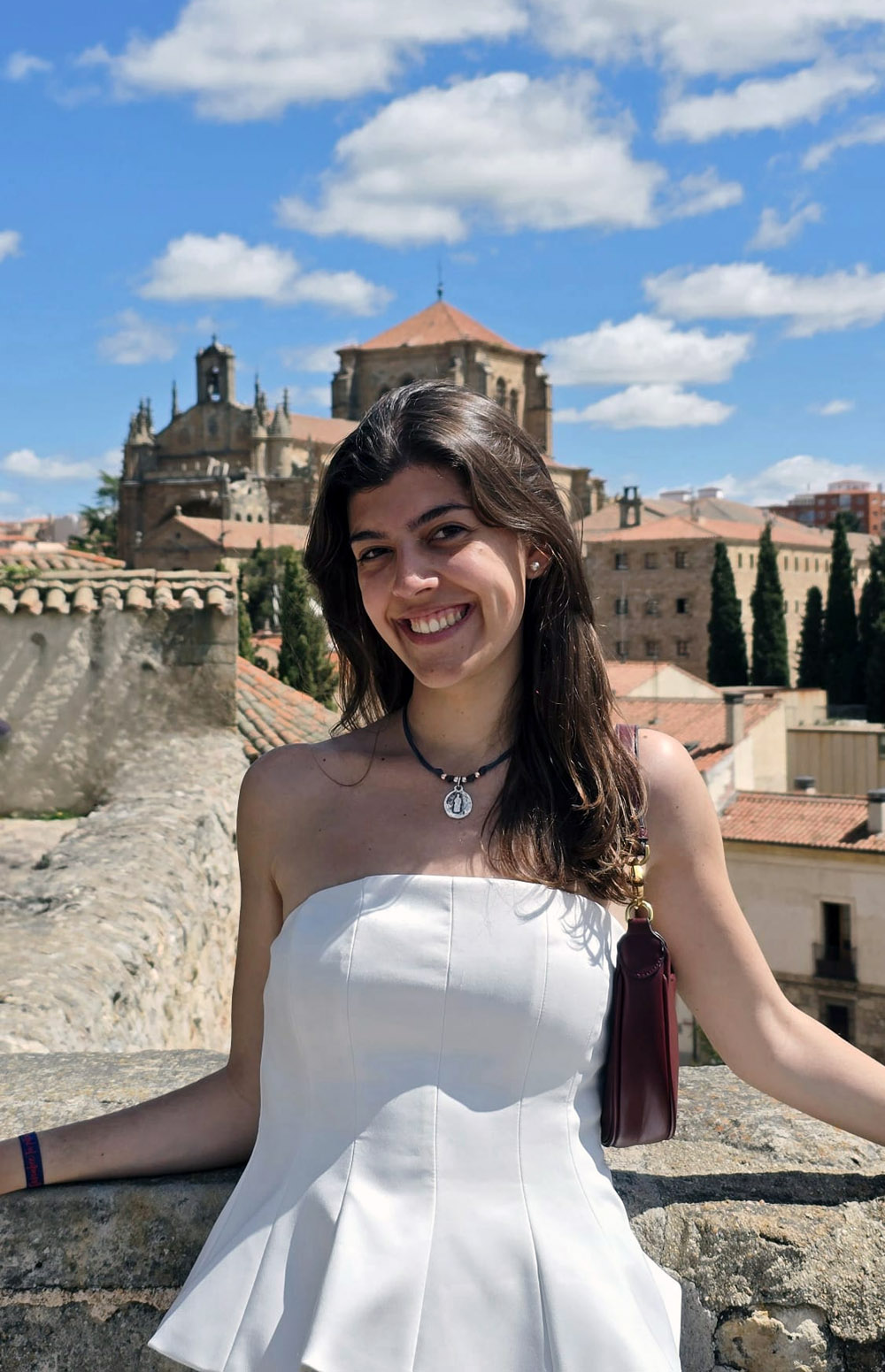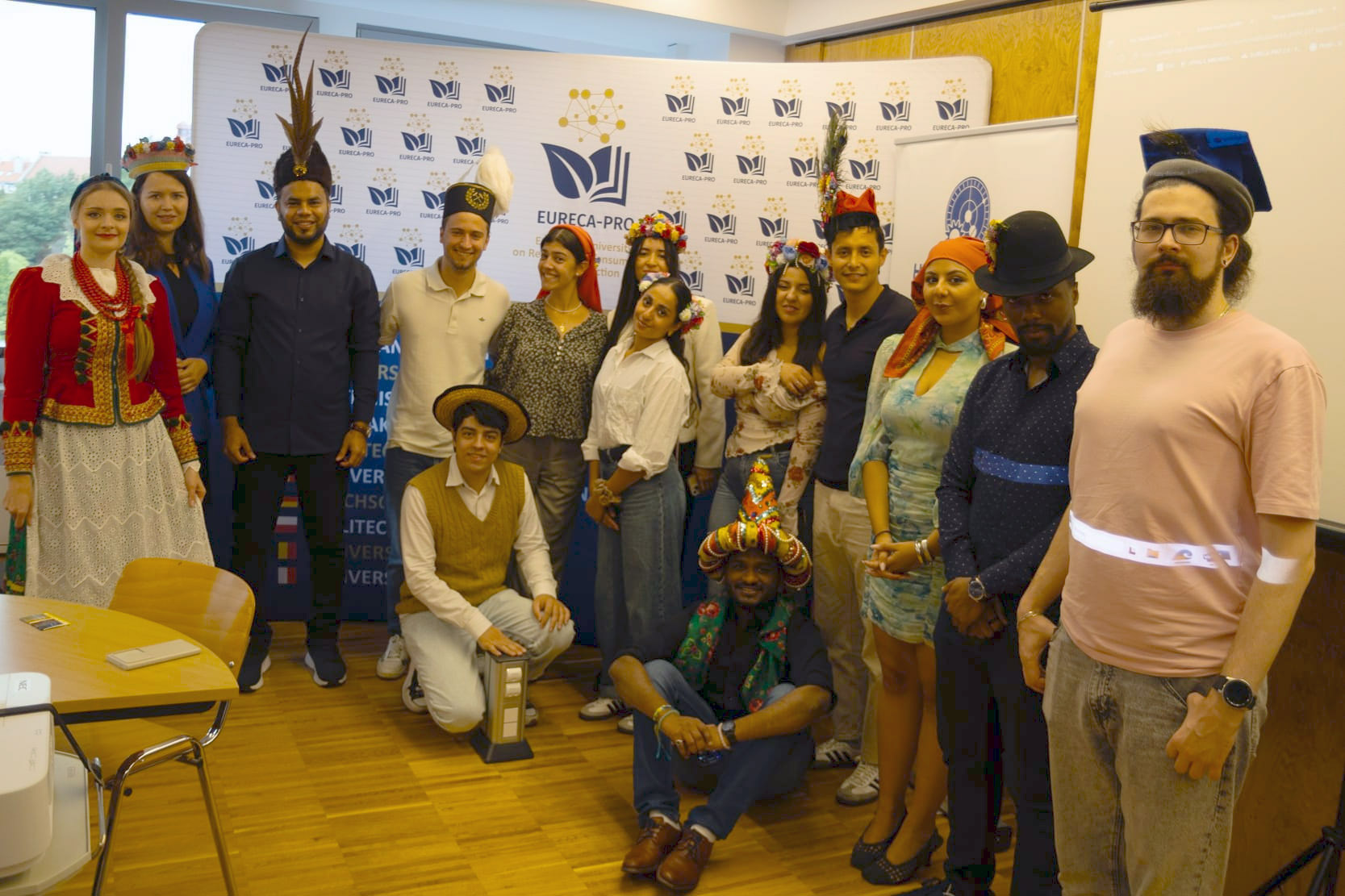How students help shape Europe’s future in education
They are advocates for student interests and co-develop our European University: the EURECA-PRO student council.
From 8th to 12th September, they held their annual meeting at Silesian University of Technology in Gliwice, Poland.
Time to reflect and look ahead: What are they currently working on? Has the alliance network helped them to grow personally and professionally?
Meet Ihtesham, Noel, Sumedh, Stavroula, Sara, Juan and Aralia.
Hi Ihtesham! Who are you and on which topic do you currently focus until the end of 2025?
Hi, I’m Ihtesham, Chair of the EURECA-PRO Student Council and a PhD researcher at Hasselt University, Belgium. As chair, my focus is on strengthening student mobility and accessibility within the alliance. I am particularly interested in how we can make short-term and blended mobility more inclusive, affordable, and impactful, so that students from all backgrounds can benefit from international experiences.
Additionally, we are in the process of setting up student co-creation groups at each partner university. These groups will help design local outreach activities, onboarding for mobility students, and events. This will create a steady flow of active student representatives and make the Student Council stronger and more effective. The groups will work with international offices and European Student Network or other local student councils to promote the alliance, collect structured feedback from students, and make sure new members can smoothly take over when others graduate or leave.
Noel, how did you find out about the EURECA-PRO alliance?
As a student at Technische Universität Bergakademie Freiberg, I first heard about EURECA-PRO from one of my lecturers who is directly involved in the alliance. They explained what it is about and the opportunities it creates, and that really caught my attention.
A subproject on heritage-based innovation for sustainable development in cultural, mining, and industrial regions, especially connects deeply with my studies and the direction I want to take in my career.
Sumedh, why are you committed to the Student Council of EURECA-PRO?
For me, being part of the EURECA-PRO Student Council is a responsibility to ensure that students’ perspectives shape the future of European higher education.
My double-degree experience in Germany and Kazakhstan has shown me the richness and challenges of diverse systems, inspiring me to help build a truly interconnected European Education Area.
EURECA-PRO gives me the chance to engage in intercultural dialogue, foster collaboration, and grow personally while working with peers who share the same vision. After representing my home university at the European Student Assembly 2025, I now carry a stronger diplomatic perspective and remain committed to making higher education in Europe more accessible, innovative, and impactful.
Stavroula, how easy or difficult is it to balance your engagement with your daily studies?
For me, balancing EURECA-PRO with my studies can’t be defined as simply “easy” or “difficult”. Like everything worthwhile in life, it takes effort, but when you believe in it, that effort feels natural. Being part of EURECA-PRO is not just another task on my list; it’s a community that connects my academic work to real people, real projects, and a shared European vision.
It matters because it gives meaning to my studies and reminds me that I’m contributing to something larger than myself. That’s why I never see the time I invest as a burden but as an opportunity.
Sara, how do student council members contribute to the development of the European University on Responsible Consumption and Production?
As a student council member, my contribution to the development of EURECA-PRO really spans across the different teams of the alliance. For example, in the team of educational innovation, we bring the student perspective to the creation of joint bachelor, master, and doctoral programs, making sure they integrate sustainability and responsible consumption values. Through knowledge square activities, we support research and innovation that connect directly with society, acting as a bridge between students and external stakeholders to promote responsible practices.
With regards to the institutional transformation of EURECA-PRO, our role is to ensure that diversity, inclusion, and sustainability policies reflect students’ realities. In short, our presence guarantees that students are not just recipients but active co-creators of this European university model.
Sara, how do student council members contribute to the development of the European University on Responsible Consumption and Production?
As a student council member, my contribution to the development of EURECA-PRO really spans across the different teams of the alliance. For example, in the team of educational innovation, we bring the student perspective to the creation of joint bachelor, master, and doctoral programs, making sure they integrate sustainability and responsible consumption values.
Through knowledge square activities, we support research and innovation that connect directly with society, acting as a bridge between students and external stakeholders to promote responsible practices.
With regards to the institutional transformation of EURECA-PRO, our role is to ensure that diversity, inclusion, and sustainability policies reflect students’ realities. In short, our presence guarantees that students are not just recipients but active co-creators of this European university model.
Juan, what learning experience would you not want to miss and why?
As a PhD student of EURECA-PRO, so far, I have enjoyed my time here to grow personally and professionally. I would not like to miss the opportunity to meet so many people from all the diverse backgrounds involved in this European alliance. The relations we are building are strong and will last throughout our professional careers.
During the student council meeting in Gliwice, Poland, we had the opportunity to immerse ourselves in Polish culture and, most importantly, receive a one-of-a-kind life cycle assessment training (LCA) given by Dr. Szymon Sobek from Silesian University of Technology.
Personally, this training has contributed greatly to my previous knowledge in battery sustainability assessment, and I am happy to have new tools to work with in the future.
Aralia, from your perspective: What values does EURECA-PRO offer that add to fellow students or people who want to study in Europe?
From my perspective, EURECA-PRO stands out for four key values.
First, it promotes intercultural and interdisciplinary cooperation, turning diversity into a driver of innovation and personal growth. Second, it emphasizes sustainability and responsibility, preparing students to face global challenges and contribute meaningfully to society. Third, it offers mobility and international experiences that strengthen adaptability, communication, teamwork, and problem-solving skills in multicultural settings.
Finally, it fosters a sense of belonging to a European community of learners and changemakers, inspiring students to view their education as part of a collective effort for a sustainable future.


